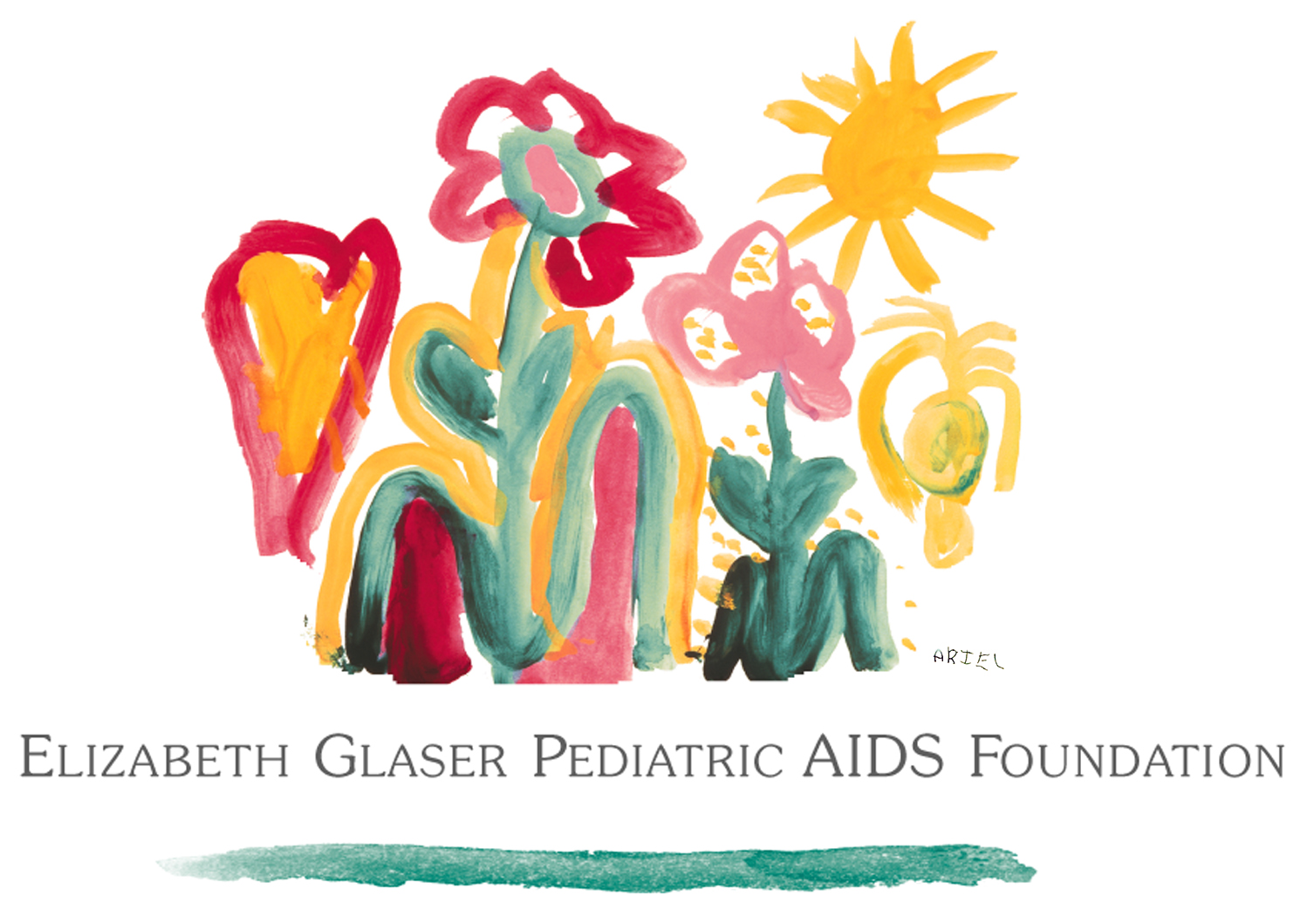The Elizabeth Glaser Pediatric AIDS Foundation (EGPAF) is proud to launch a new training program to address health care worker shortages in Malawi. The program kicked-off today by enrolling students from 21 rural and remote areas of Malawi into a three-year training program to become nurse midwife technicians. This effort will help address the critical shortage of health care workers in Malawi and provide quality HIV and health services to rural communities. The program is funded by the U.S. Centers for Disease Control and Prevention (CDC) through the U.S. President’s Emergency Plan for AIDS Relief (PEPFAR).
“In rural areas in particular, there are simply not enough front line health care workers available to provide adequate HIV services,” said Nicole Buono, country director of EGPAF-Malawi. “EGPAF is thrilled to help address this serious gap in human resources for health through this new program. Thanks to support from the CDC and the Malawi Ministry of Health, the training institutions will ensure the recipients are well-trained and that the next generation of health workers will be able to help address the needs of their own communities. ”
Working in close collaboration with Malawi’s Ministry of Health (MOH), EGPAF will provide scholarships for 49 nurse midwife technicians and 21 medical assistants to attend four separate pre-service training institutions. The program participants are from regions near health centers that are currently experiencing extreme human resource shortages.
“My community’s health center lacks health workers and it is a huge problem, especially for women and children who seek out its services,” said Charity Mpokosa, one of the scholarship recipients from Dedza District. “I am very happy that I will be able to assist people in my community after I am done with my studies.”
Upon successful completion of the program, Mpokosa will serve as a nurse midwife technician at Kanyezi Health Center in Dedza District.
After graduating in 2016 and 2017, the newly trained health care workers are committed to serving in their remote communities for a minimum of five years. Thus, in addition to increasing the total number of health care workers in Malawi, this program will improve staff retention at rural and difficult-to-staff health centers.
Since 2001, EGPAF has worked with the Malawi MOH and other local partners to provide services to help women living with HIV from transmitting the virus to their babies. Today, EGPAF provides technical assistance for HIV services at more than 150 Malawian MOH and faith-based facilities, district-level health system strengthening in seven districts, and capacity-building of community organizations.





No comments! Be the first commenter?